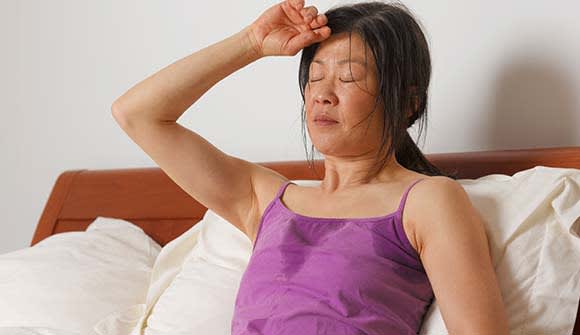Breathe easy
How to maximize your respiratory wellness.
Article Date:

When it comes to interacting with the environment, your lungs serve on the front lines. That’s why it’s important to pay attention to how your home and habits support your lung health.
Proactive care for respiratory health
“The COVID-19 pandemic made everyone more aware of their respiratory health. Today, it's less about pandemic precautions and more about prevention and performance,” said Danny Pulido, MD, a board-certified pulmonologist with Baptist Health. “People are asking, ‘How can I breathe and live better?’”
While pulmonary function tests (PFTs) – noninvasive tests that measure lung strength and efficiency – are still valuable for diagnosing conditions like asthma or COPD, the new focus is on proactive lung care and everyday lifestyle improvements. Environmental irritants, seasonal allergies, sedentary habits and even stress can all take a toll on your breathing.
“A lot of respiratory symptoms are related to indoor environments,” said Dr. Pulido. “If you notice that symptoms get worse in certain rooms or during specific times of year, that’s a clue your environment may be affecting your lungs.”
Simple ways to improve indoor air quality
Your home should support your health, not hinder it. Here are Dr. Pulido’s top tips:
- Use HEPA filters in your HVAC system to trap harmful particles.
- Invest in an air purifier to remove allergens, pollutants and toxins.
- Keep things clean, especially if you have pets or live near heavy vegetation.
- Avoid flowering plants indoors. Stick to air-purifying green leaf varieties.
- Get rid of old carpets, which can harbor dust and mold.
- Clean your air ducts, especially if your home is older or surrounded by trees.
- Refresh the air indoors by opening windows on low-pollen days.
- Schedule a mold inspection if you notice dark spots, water damage or musty odors.
Daily habits for better breathing
While air quality matters, your daily habits might have the biggest impact on your breathing. One of the most powerful tools for better respiratory health is movement.
“Walking just 20 to 30 minutes a day can make a real difference,” Dr. Pulido said. “It’s low impact, accessible and gets your lungs working in a gentle, sustained way.”
After years of working from home, engaging in the digital world and minimizing physical activity, many people (especially older adults) are experiencing the effects of physical deconditioning. In other words, having weaker muscles, reduced stamina and a lower respiratory reserve.
“You can have healthy lungs but still feel winded because your muscles are out of shape,” Dr. Pulido said. “That’s why we emphasize consistent, moderate exercise, especially walking, yoga and light strength training.”
The path to better breathing isn’t complicated; it starts with clean air, consistent movement and attention to the small signs your body gives you. Whether you're walking around the block, tending to your indoor space or simply taking a moment to breathe deeply, your lungs will thank you!
When to see a specialist
If you experience a lingering cough, shortness of breath or fatigue that lasts more than a few weeks, it’s a good idea to check in with your primary care doctor, who may refer you to a pulmonologist for further testing or treatment.
Want to breathe better?
If you’re looking to speak with a respiratory specialist or find a primary care provider, call 904.202.4YOU (4968) or click here to connect with a Baptist Health care coordinator.


